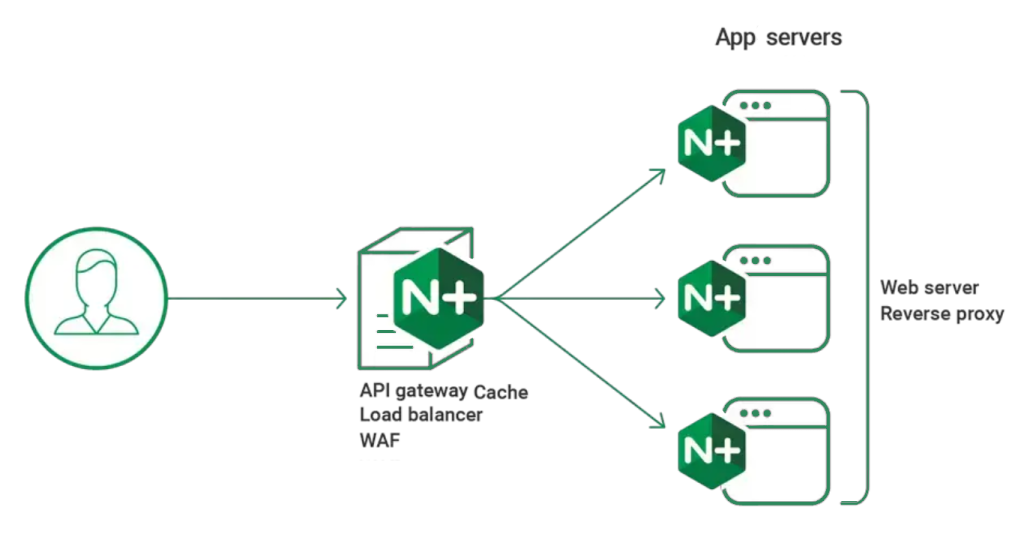Mastering All Types of Loops in Bash: A Comprehensive Guide
Loops are fundamental to scripting in Bash, allowing you to automate repetitive tasks and process data efficiently. Whether you’re iterating through files, processing command outputs, or performing calculations, understanding the different types of loops in Bash is essential. In this blog post, we’ll explore all types of loops in Bash, including for, while, until, and select, with practical examples and resources to help you master loop constructs.
Types of Loops in Bash
Bash supports four main types of loops:
forLoop: Iterates over a list of items.whileLoop: Executes commands as long as a condition is true.untilLoop: Executes commands until a condition becomes true.selectLoop: Creates interactive menus for user input.
Let’s dive into each type with examples.
1. The for Loop
The for loop is ideal for iterating over a list of items, such as files, directories, or command outputs.
Example: Iterate Over a List of Items
for fruit in apple banana cherry; do
echo "I like $fruit"
done
Output:
I like apple
I like banana
I like cherry
Example: Iterate Over Files in a Directory
for file in /path/to/directory/*; do
echo "Processing $file"
done
Example: Iterate Over a Range of Numbers
for i in {1..5}; do
echo "Number: $i"
done
2. The while Loop
The while loop executes commands as long as a condition is true.
Example: Count Down from 5
count=5
while [ $count -gt 0 ]; do
echo "Count: $count"
count=$((count - 1))
done
Output:
Count: 5
Count: 4
Count: 3
Count: 2
Count: 1
Example: Read a File Line by Line
while IFS= read -r line; do
echo "Line: $line"
done < /path/to/file.txt
3. The until Loop
The until loop executes commands until a condition becomes true. It’s the opposite of the while loop.
Example: Wait for a File to Exist
until [ -f /path/to/file.txt ]; do
echo "Waiting for file..."
sleep 1
done
echo "File found!"
Example: Count Up to 5
count=1
until [ $count -gt 5 ]; do
echo "Count: $count"
count=$((count + 1))
done
4. The select Loop
The select loop creates an interactive menu for user input.
Example: Create a Simple Menu
PS3="Choose a fruit: "
select fruit in apple banana cherry quit; do
case $fruit in
apple|banana|cherry)
echo "You chose $fruit"
;;
quit)
break
;;
*)
echo "Invalid option"
;;
esac
done
Output:
1) apple
2) banana
3) cherry
4) quit
Choose a fruit:
Nested Loops
You can nest loops within each other to handle complex tasks.
Example: Nested for Loops
for i in {1..3}; do
for j in {1..3}; do
echo "i=$i, j=$j"
done
done
Output:
i=1, j=1
i=1, j=2
i=1, j=3
i=2, j=1
i=2, j=2
i=2, j=3
i=3, j=1
i=3, j=2
i=3, j=3
Loop Control Statements
Bash provides control statements to manage loop execution:
break: Exits the loop immediately.continue: Skips the current iteration and moves to the next one.
Example: Using break and continue
for i in {1..10}; do
if [ $i -eq 5 ]; then
break
fi
if [ $i -eq 3 ]; then
continue
fi
echo "Number: $i"
done
Output:
Number: 1
Number: 2
Number: 4
Best Practices for Using Loops in Bash
- Avoid Infinite Loops: Ensure your loop conditions are correctly defined to prevent infinite execution.
- Use Meaningful Variable Names: Improve readability by using descriptive variable names.
- Optimize Performance: Minimize the number of commands inside loops for faster execution.
- Test with Small Data Sets: Debug your loops with small data sets before scaling up.
Conclusion
Loops are a cornerstone of Bash scripting, enabling you to automate tasks, process data, and create interactive menus. By mastering for, while, until, and select loops, you can write more efficient and powerful scripts. Use the examples and best practices in this guide to enhance your Bash scripting skills.
Resources:
- GNU Bash Manual: Looping Constructs
- Linuxize: Bash For Loop
- Stack Overflow: Bash Loop Examples
- Tecmint: Bash While and Until Loops
By following this guide, you’ll be well-equipped to use all types of loops in Bash effectively.
Latest blog posts
Explore the world of programming and cybersecurity through our curated collection of blog posts. From cutting-edge coding trends to the latest cyber threats and defense strategies, we've got you covered.


